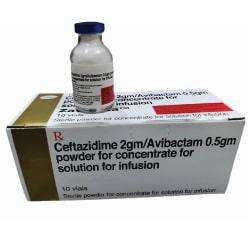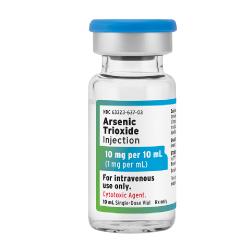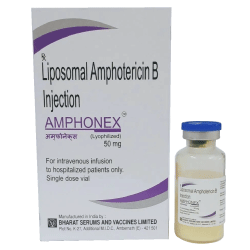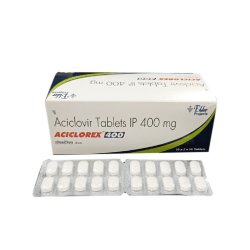Description
Entecavir tablet is an analogue of guanosine nucleoside that is prescribed to treat:
Chronic infection with the Hepatitis B virus (HBV) is defined as sustained increases in serum aminotransferases or signs of histologically active illness in both adult patients and children (at least 2 years of age) with active viral replication.
Dosage and Side Effects
Entecavir should be ingested orally once daily, consistently at approximately the same time, on an empty stomach—preferably at least 2 hours after a meal and 2 hours before the next one. Swallow Entecavir tablets whole with water; avoid breaking, chewing, or opening them.
The most frequently observed adverse effects include headaches, fatigue, dizziness, and nausea. Less common side effects associated with Entecavir 1mg and Entecavir 0.5 mg tablets encompass diarrhea, indigestion, vomiting, drowsiness, and insomnia.
Serious complications reported among patients taking Entecavir comprise:
- Lactic acidosis
- Liver issues
- Hepatic enlargement
- Hepatic steatosis
FAQ's
What does Entecavir do?
Entecavir is classified as a nucleoside reverse transcriptase inhibitor (NRTI). Its mechanism involves hindering the multiplication of the hepatitis B virus (HBV) by blocking reverse transcriptase.
When was Entecavir approved?
Entecavir obtained medical approval in 2005. Recognized by the World Health Organization (WHO) as an essential medication, it’s listed among the safest and most effective medicines required within healthcare systems.
What type of medication is Entecavir?
Entecavir belongs to the class of guanosine nucleoside analogue drugs, demonstrating selective activity against the hepatitis B virus (HBV).






